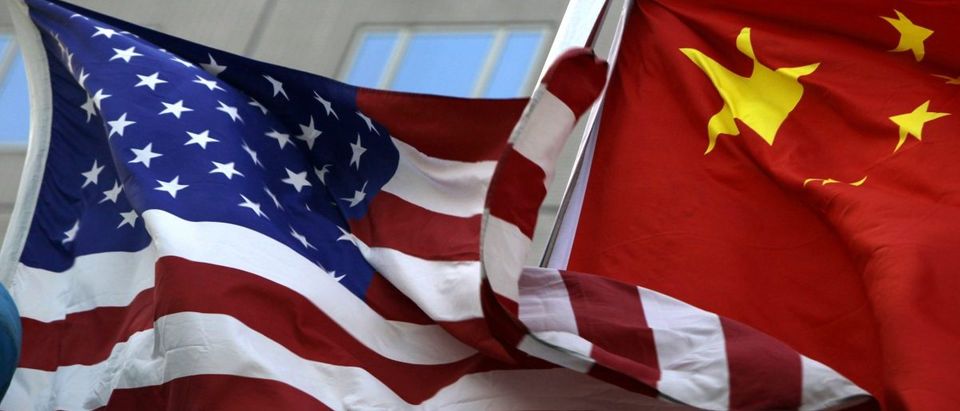Right now the chattering class in Washington is more concerned with who’s in the new Trump administration and who’s not rather than the policy issues still to be litigated through the end of the Obama presidency. Tactically, this is a mistake.
President-elect Trump did indeed win because he talked about the three things on the minds of most voters – jobs, jobs, and jobs – rather than the issues of concern to Beltway insiders. The economy is a major reason why he prevailed over seemingly impossible odds. The folks looking for work or who have left the workforce altogether believe bad trade deals and weak enforcement hurt them.
How the Trump Administration actually marries the promises of the campaign with the nitty-gritty of national trade policy may make or break his presidency. He’s pledged to take us out of the unratified Trans-Pacific Partnership despite its potential to expand the economy, create jobs and open markets. He remains fiercely critical of our Chinese trade policy, with some justification. Yet there is still some low-hanging fruit that, if gathered now, will help the new administration back up the president-elect’s tough talk on trade while helping solidify American companies’ place in competitive global markets.
Let’s be clear. We may not all agree that free trade is uniformly virtuous. We can all agree it is more than appropriate to bring existing enforcement mechanisms to bear when a foreign competitor harms a domestic company illegally.
One example of how to protect American companies from the sort of threats we encounter in the global marketplace while the new administration works out the specifics of its trade policy is currently before the U.S. International Trade Commission.
In October the ITC made an initial determination recommending a “limited exclusion order” for radiotherapy and cancer treatment technologies sold by a Swedish company, Elekta AB, following a complaint made by Palo Alto-based Varian Medical Systems. It found there was reason to believe Elekta’s treatment devices infringe on Varian’s radiotherapy technology patents and the ruling will prevent Elekta from selling the patent infringing devices in the U.S., at least while the dispute plays out.
Varian’s radiotherapy and cancer treatment technologies have brought cutting-edge solutions to patients across the globe, helping with faster diagnoses and improving outcomes. In addition to saving lives, Varian’s technological innovations are exactly the kinds of advances that establish and sustain U.S. international leadership in the medical device industry. Among the other benefits, this translates into specialized, well-paying jobs here in America.
The ITC has only a few arrows in its quiver. There’s not much it can do beyond recommending an exclusion order in a case such as this. Domestic innovators, especially those in sophisticated technology markets, need strong intellectual property protections — now more than ever. As Team Trump comes in we should all hope it will encourage American innovators to continue developing new technologies as the ground shifts in the global marketplace.
Critics, included myself, have pushed back about the ITC’s use of exclusion orders in the past. This is a different case. In fact it’s a prime example of where an exclusion order will not have a negative impact on consumers but will protect the interests and property of American innovators. When entrepreneurs and businesses have an incentive and an opportunity to bring new products to market, they can more easily prosper and consumers can have more choices.
The Varian-Elekta case could be integral in reinforcing the principle that a foreign competitor cannot ride on the coattails of American innovators by incorporating groundbreaking solutions into their products without permission. Protecting intellectual property is essential if the U.S. is to maintain its leadership in innovation and technology,
Without trade agreements like TPP the U.S. must act in other ways to secure our nation’s role in the next phase of global trade. It is vitally important for the U.S. to maintain its leadership on trade as well as its resolve to defend its economic interests with tools such as the ITC’s exclusion order. While patent protections should be a major consideration within future trade agreements under the Trump Administration, the ITC has a responsibility to use current trade enforcement options to protect the commercial interests of homegrown companies and their intellectual property.
Peter Roff appears regularly as a commentator on the One America News network and is a former senior political writer for United Press International.


